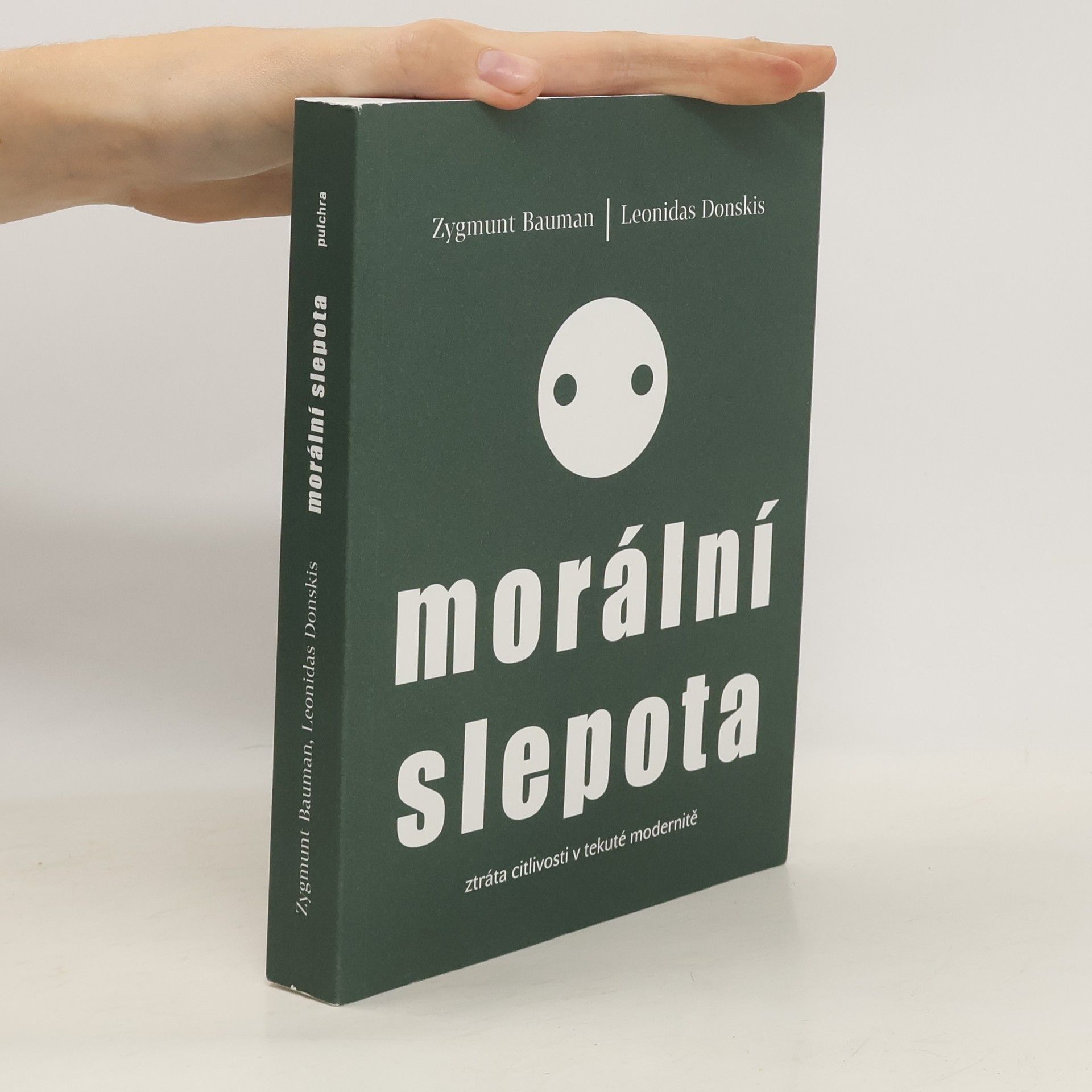Morální slepota. Ztráta citlivosti v tekuté modernitě
- 310bladzijden
- 11 uur lezen
V životě, kde jsou hodnoty odvozovány od kasovních trháků a lidé touží po nejnovějších technických a módních vychytávkách, kde svůj názor odvozují od bulvárních drbů a jsou líní přemýšlet nad složitými otázkami, čelíme vážnému riziku, že ztratíme citlivost a přestaneme vnímat utrpení druhých. Zlo totiž neodhaluje svou tvář jen za okolností, v nichž lidé často jednají pod extrémním nátlakem, jako jsou například války, projevuje se převážně v každodenní necitlivosti k utrpení druhých, v neschopnosti či odmítání je pochopit a v náhodném odvracení etického pohledu. Zlo a mravní slepota se skrývají v tom, co považujeme za normální, v triviálnostech a v banalitě každodenního života, a to nejen v abnormálních a výjimečných případech. Britský sociolog Zygmunt Bauman a litevský filosof a politolog Leonidas Donskis jev morální slepoty analyzují prostřednictvím konceptu adiafory - umístění určitých činů nebo kategorií lidských bytostí mimo svět morálních závazků a hodnocení. Adiafora implikuje postoj lhostejnosti k tomu, co se ve světě děje, je znakem mravní otupělosti, která se podle autorů stále více vzmáhá v západní společnosti. Vydáním knihy Morální slepota s podtitulem Ztráta citlivosti v tekuté modernitě navazujeme na předešlé Baumanovy tituly (Tekuté zlo, Tekutý život, Tekutý strach).


